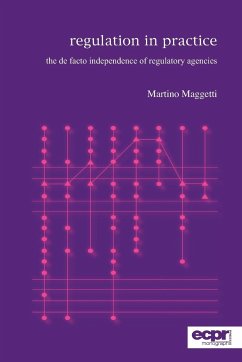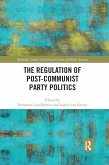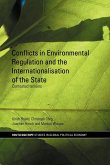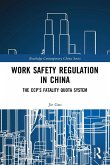It is conventional to argue that the autonomy and reputation of independent regulatory agencies (IRAs) depend on their expertise. Yet, studies on how IRAs create and deploy their knowledge capacity are few and far apart. By addressing the underexplored question of the role of economics in regulatory policy making, this book fills a gap in two different strands of literature: on IRAs and on knowledge utilisation respectively. Only a few authors have taken a somewhat comparable approach (eg McGarity 1991, Morgenstern 1997, Jennings and Hall 2011), but their work focuses on US regulators. Conversely, little has been written on their European counterparts. This book also proposes an innovative solution to operationalise hypotheses on the role of expertise in policy making, and makes this contribution particularly relevant for recent debates on evidence-based policy making. Finally, it takes a close look at specific regulatory decisions by one of the oldest and most authoritative regulators.
Hinweis: Dieser Artikel kann nur an eine deutsche Lieferadresse ausgeliefert werden.
Hinweis: Dieser Artikel kann nur an eine deutsche Lieferadresse ausgeliefert werden.








